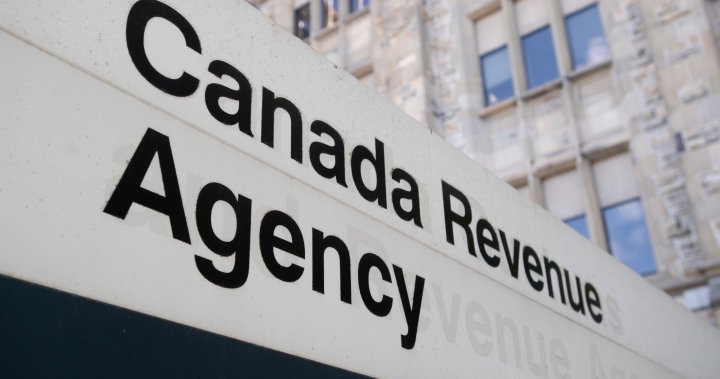Months after the confusion over whether Canadians needed to file bare trust tax returns before the April 2 deadline, we now know how many actually filed — even once the Canada Revenue Agency hit the pause button.
According to National Revenue Minister Marie-Claude Bibeau, 44,034 tax returns were filed from Jan. 1 to April 16 of this year.
John Oakey, vice-president of taxation with the Chartered Professional Accountants of Canada, said he’s not surprised by that number.
“It’s expected that a certain number of trusts were going to be filed because you’re preparing in advance to get these things done before the deadline,” he told Global News.
He cautions there are issues, though, due to both Bibeau noting the numbers could change and the fact there may be other bare trusts out there, either from those who were in the process of filing or those who were unaware they had a trust that would need to be filed.

The requirement to file a return for bare trust arrangements was newly introduced by the CRA this year.
The email you need for the day’s
top news stories from Canada and around the world.
That trust refers to legal ownership of a property or account that does not match who is entitled to it.
This can include a parent co-signing and being on title for the mortgage of a child or a joint bank account between an adult child and an older parent.
Regardless of the confusion, some taxpayer advocates are calling for action by the CRA and government.
“The CRA owes each and every one of those 44,000 Canadians an apology,” Franco Terrazzano, federal director of the Canadian Taxpayers’ Federation, told Global News. “It created mental stress and financial stress for Canadians.”
Accountants were also left in the lurch, with Avisar Chartered Professional Accountants partner Chris Dyck telling Global News there’s more to it than just pressing send.

“The time spent upfront in February and March, when obviously we’re kind of busy — it is our busiest time of year — that’s really the kick in it is that the government introduced this, we do all the work to prepare for it and then they change the rules,” Dyck said.
A spokesperson for Bibeau told Global News the pause initiated at the end of March is in place for one year “to give Canadians time to properly understand the rules,” though noted those who did file will still have their tax forms accepted and processed.
Changes to bare trust rules needed: accountants
Oakey and Dyck say now is the time for the CRA and federal government to consult with taxpayers, advisors and other stakeholders to ensure changes are made to make it easier for Canadians to know what to do.
Dyck suggested the government look at changing legislation on the rules so certain situations, such as an adult child having their name on the deed of their parent’s property, would not need to be reported.
“I think the first option of just really carving out the rules such that they’re really targeting who they’re really going after would be much beneficial,” Dyck said.
From there, Oakey said that’s where work can be done on better communication of the amended rules.
“So that way the general public and advisors have an idea on what it is that the government is looking for and what is captured with the bare trust reporting rules,” Oakey said.
— with files from Global News’ Naomi Barghiel
© 2024 Global News, a division of Corus Entertainment Inc.










